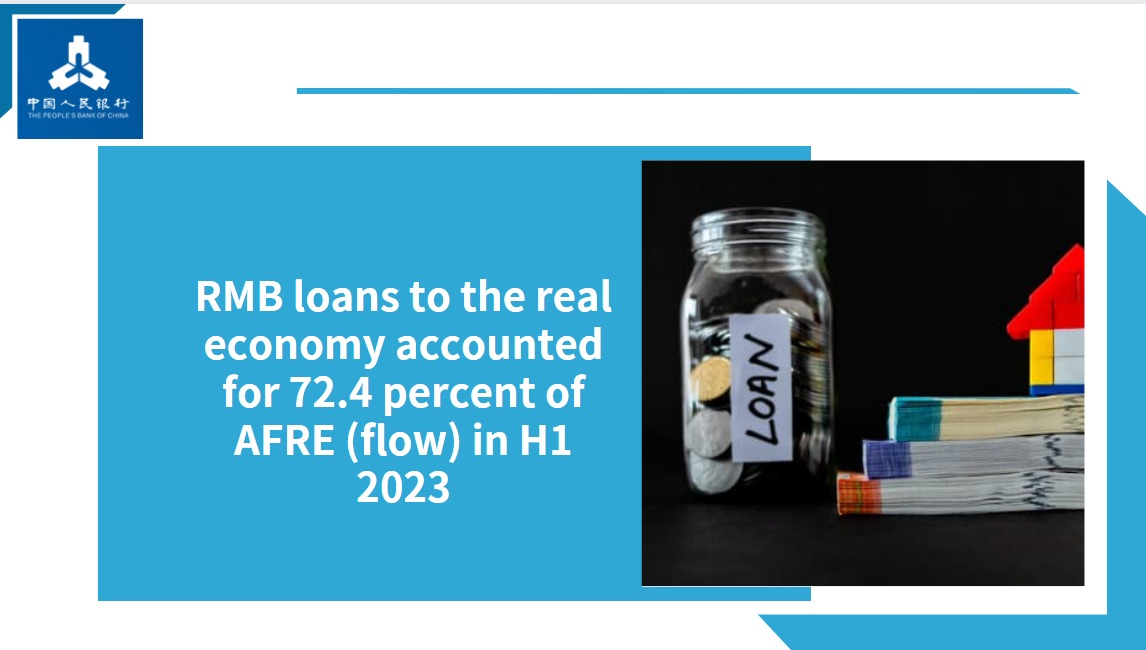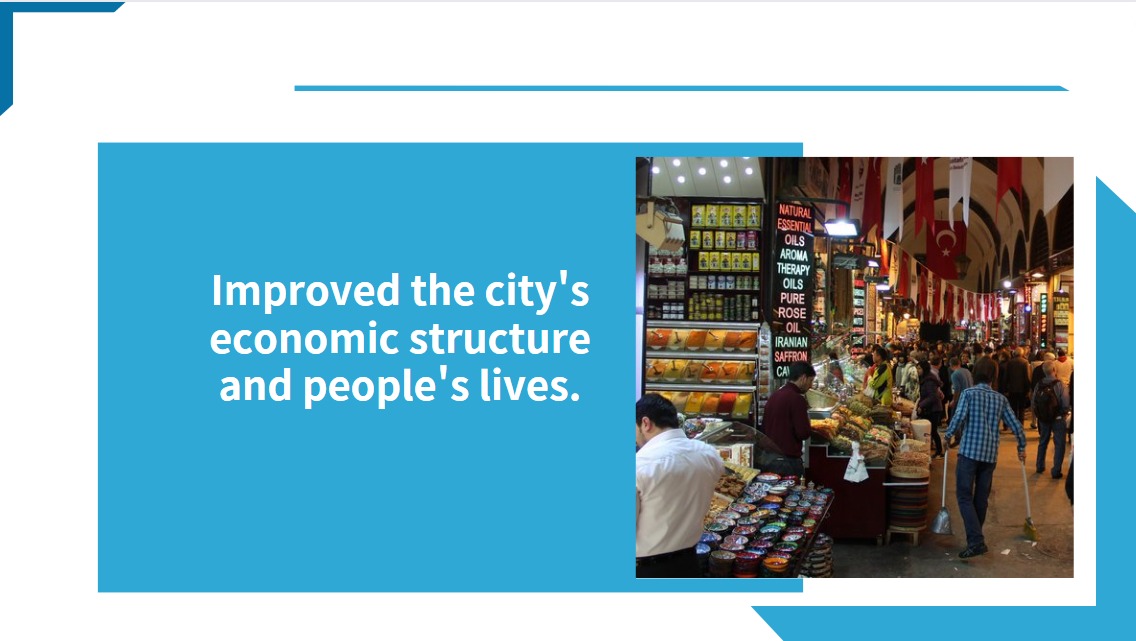Size of Relief, Timely Assistance Were Key to East Asia's COVID-19 Response, World Bank Study Finds
The magnitude of the policy response and timely assistance to businesses and households helped alleviate the economic fallout from the COVID-19 pandemic in East Asia and Pacific region, a new World Bank report finds.
The report, "Crisis and Recovery: Learning from COVID-19's Economic Impacts and Policy Responses in East Asia," examines the economic consequences of the pandemic on households and firms in Cambodia, Indonesia, Malaysia, Mongolia, the Philippines, and Vietnam, and compares governments’ responses in each country.
The East Asia and Pacific region, known for its high growth, experienced job losses and business closures, especially in the travel, tourism, and hospitality sectors. Low-income and informal-sector workers were the hardest hit. Small businesses experienced greater earning losses and higher closure rates than larger firms, while poorer households suffered more significant employment and income losses than wealthier ones.
These impacts exacerbated existing economic inequalities and exposed weaknesses in economic systems.
“Like feeling one’s way across a dark room, COVID-19 put governments and societies in an uncertain place,” said World Bank Program Leader for Human Development in East Asia Maria Ana Lugo. “With no real play book to work from, countries had to move quickly with limited information and experience to contain both the pandemic and the financial fall out.”
Surveys of enterprises and households in the six countries showed that:
♦The East Asia and Pacific region's policy response was greater in scale compared to other developing regions.
♦Cash transfers to households were provided to a quarter of the population, with varying coverage levels across countries – these transfers helped mitigate income losses stemming from stoppage of work. In some countries, the existing pro-poor social protection programs facilitated prompt and effective assistance, using innovative aid delivery methods and robust digital systems.
♦Direct support to firms played a crucial role in supporting formal businesses. Additionally, measures to reduce wage bill and provisions to provide forbearance on bill obligations (utilities, rent and loan repayments) were effective in supporting firms.
By country, the Governments adopted different measures to soften the blow of the pandemic-induced recession on firms and households as well as to lower inequality:
♦In Mongolia and the Philippines, the existing social protection programs ensured timely aid to those in need and were particularly effective in preventing severe food insecurity.
♦In Cambodia, innovations in aid delivery, such as the use of a digital ID system to target the poorest households affected by the economic slowdown, improved the impact, and enhanced speed, transparency, and accountability.
♦Vietnam's resilient economy, built over years, allowed firms to resume exporting quickly, capitalizing on the global demand for higher-tech exports.
♦In Malaysia, digital solutions and strong information and communications technology (ICT) infrastructure enabled firms to weather economic shocks.
♦In Indonesia, targeted support to sectors heavily impacted by the recession proved effective.
♦In Cambodia, cash transfers provided valuable income support to poor households, which, mitigated 40 percent of the increase in poverty and inequality. Similarly, simulations for the Philippines and Mongolia suggest that poverty would have increased significantly in the absence of the emergency assistance implemented.
While COVID-19 policies supported the poor, the report highlights the need for establishing systems and institutions to protect the informal sector and assist those most affected. Countries with limited pre-pandemic programs faced challenges in responding promptly and effectively.
“A key part of how well countries weathered COVID-19 and how businesses handled changing circumstances was the strength of their business environments,” said World Bank Lead Economist for Finance, Competitiveness, and Innovation in East Asia and the Pacific Alvaro S. Gonzalez.





















































First, please LoginComment After ~